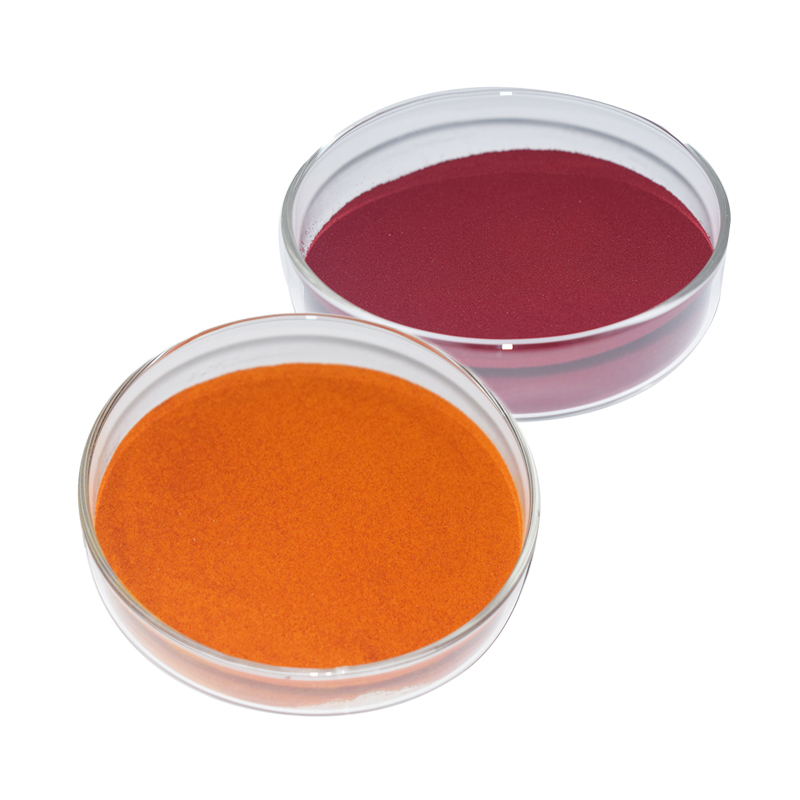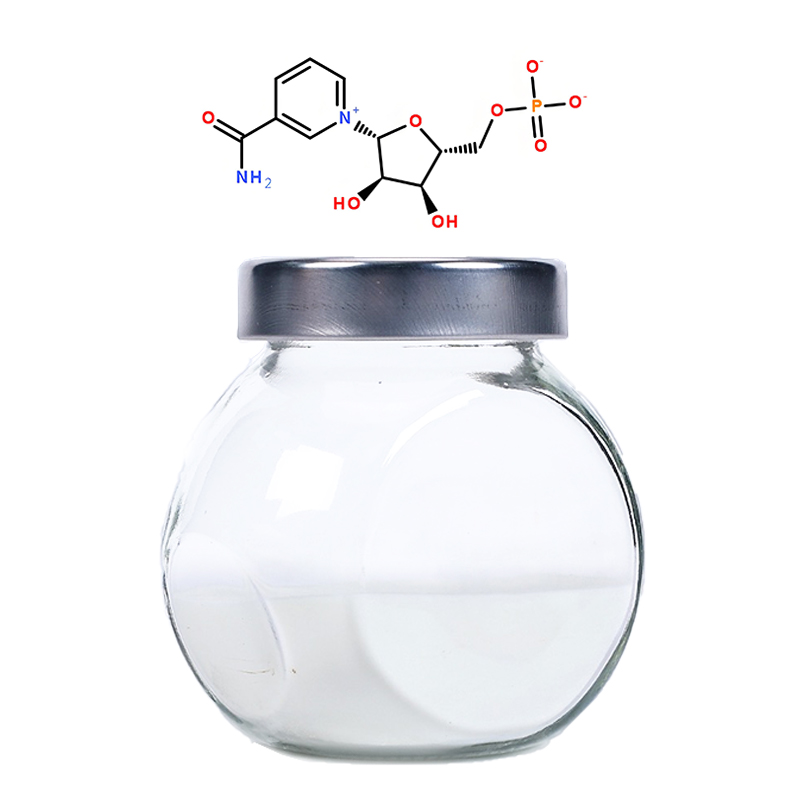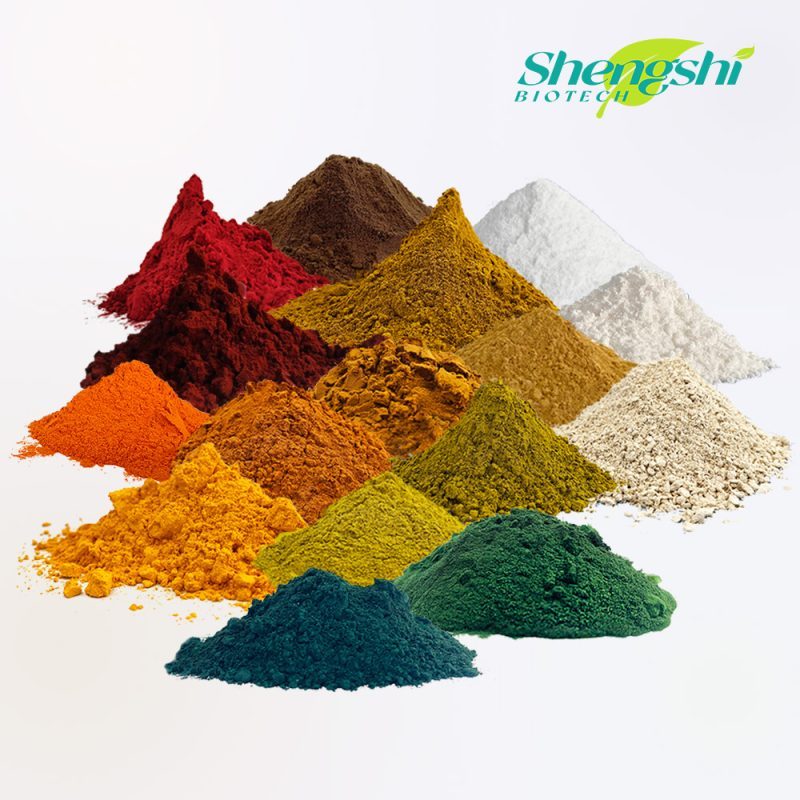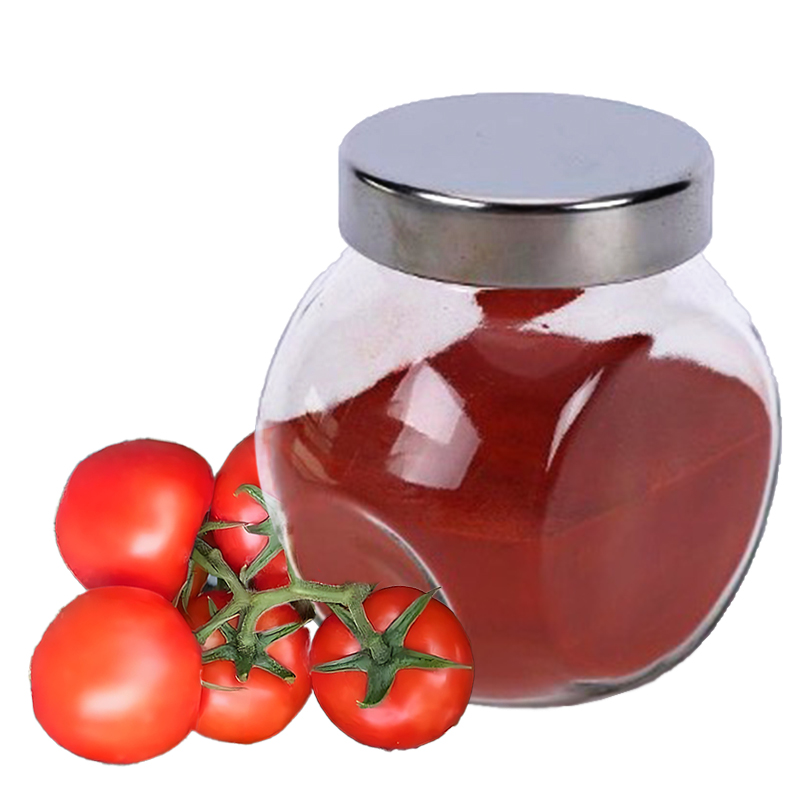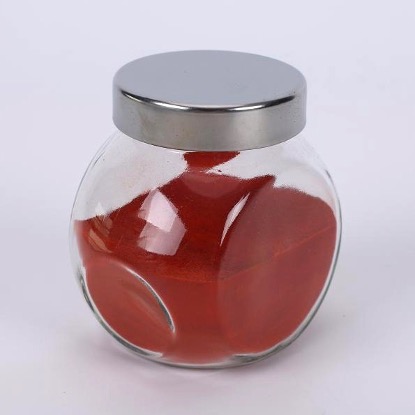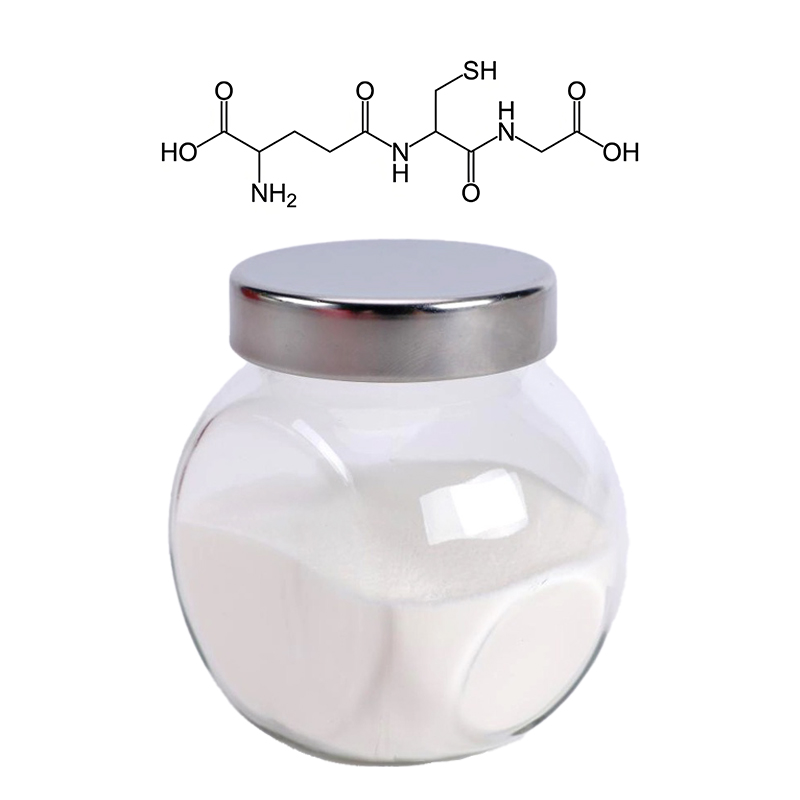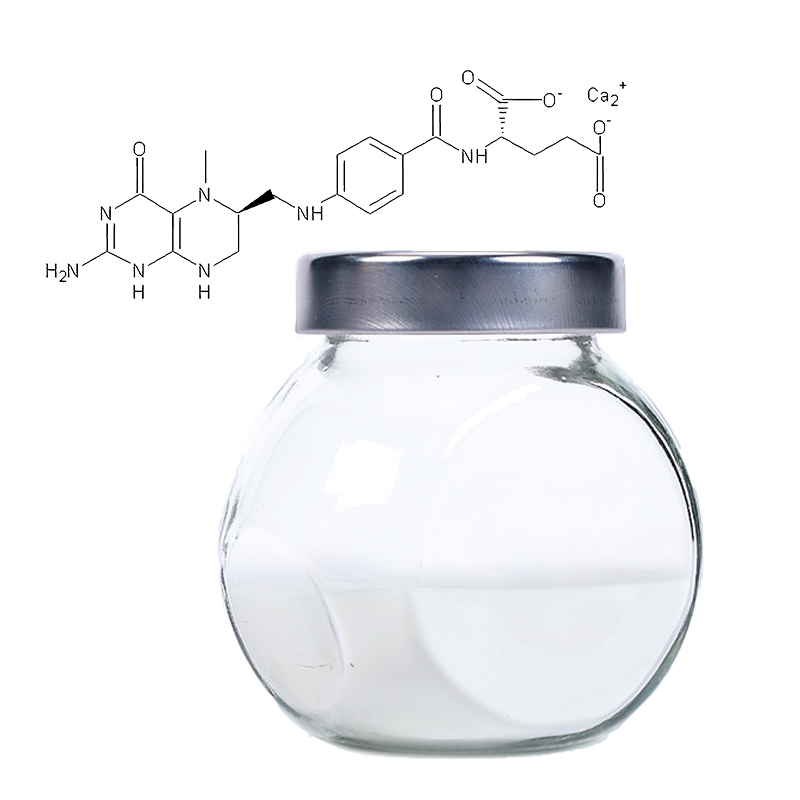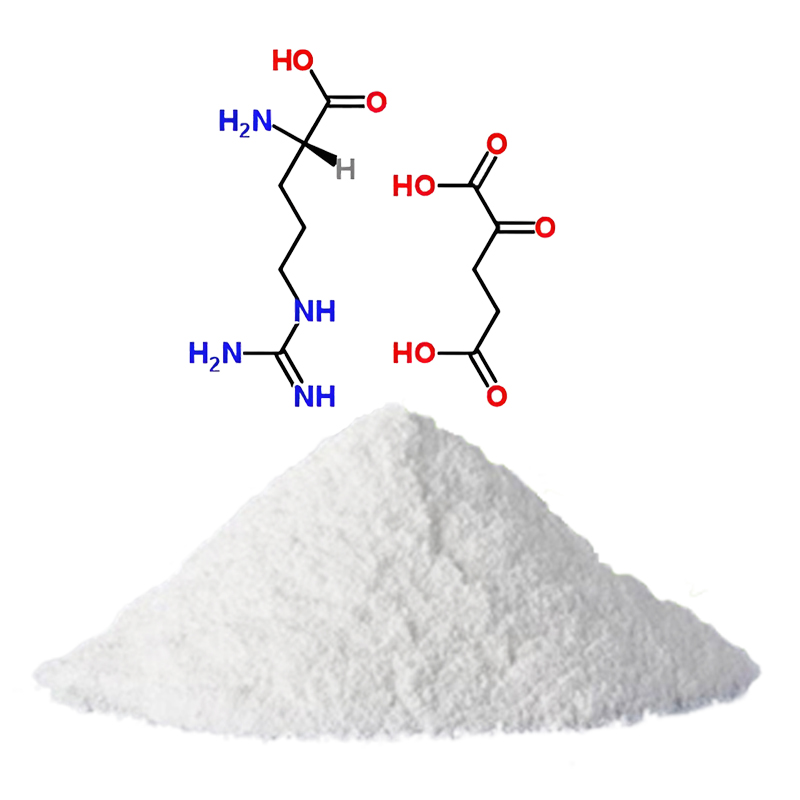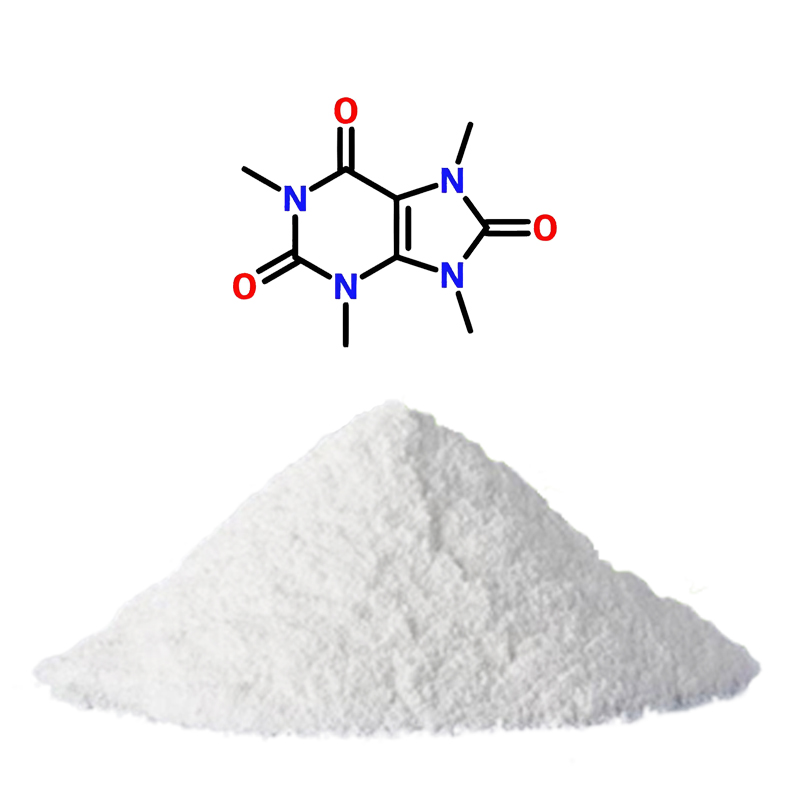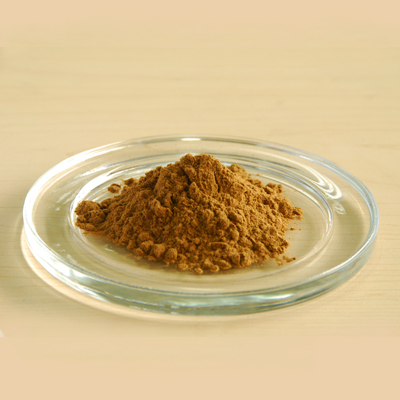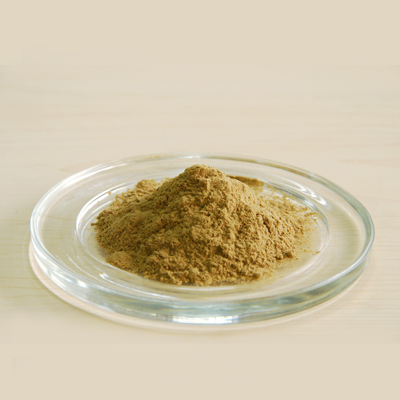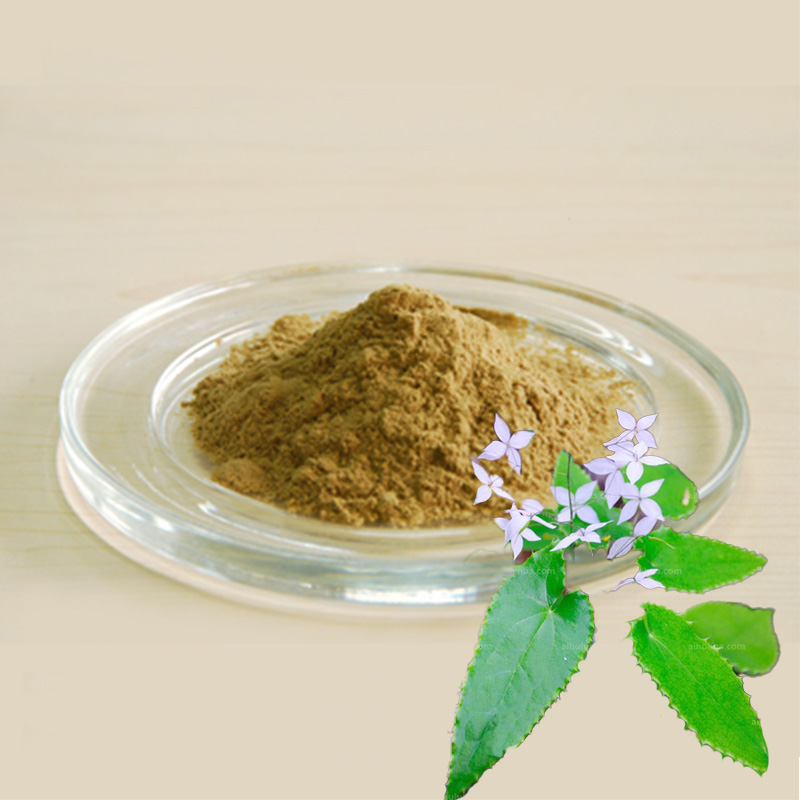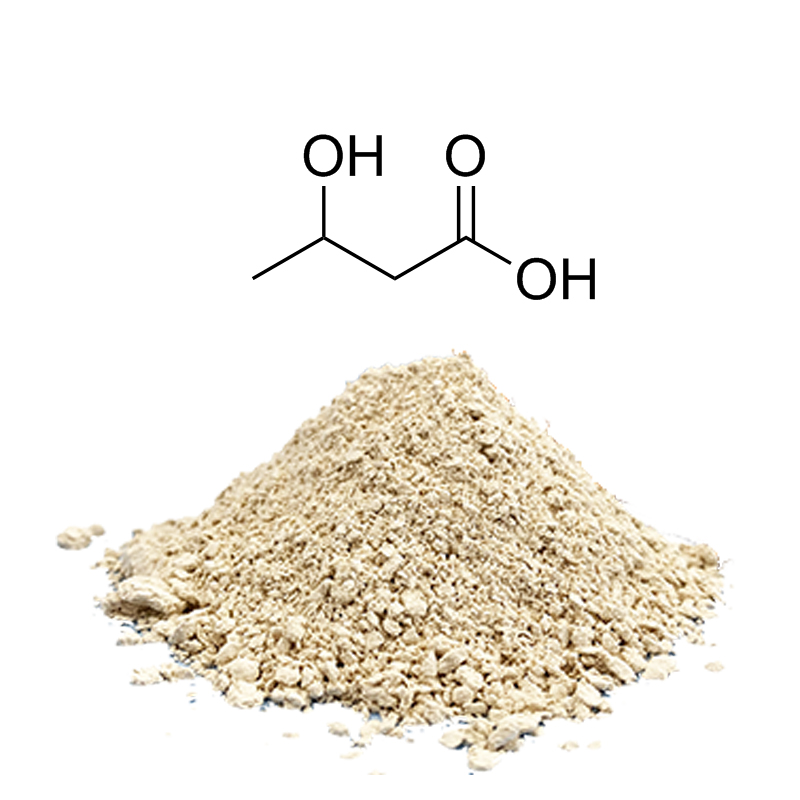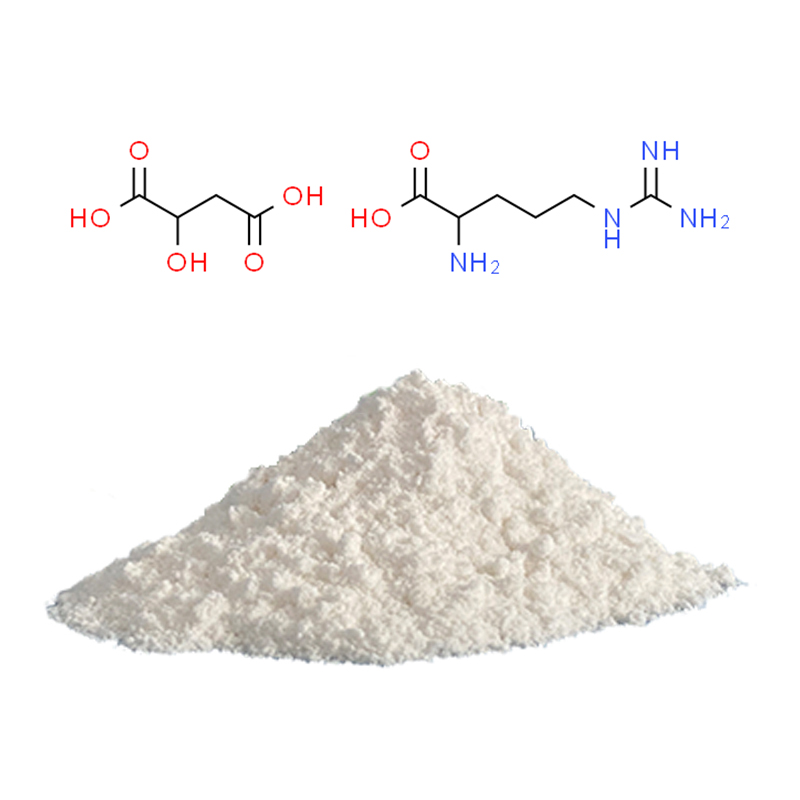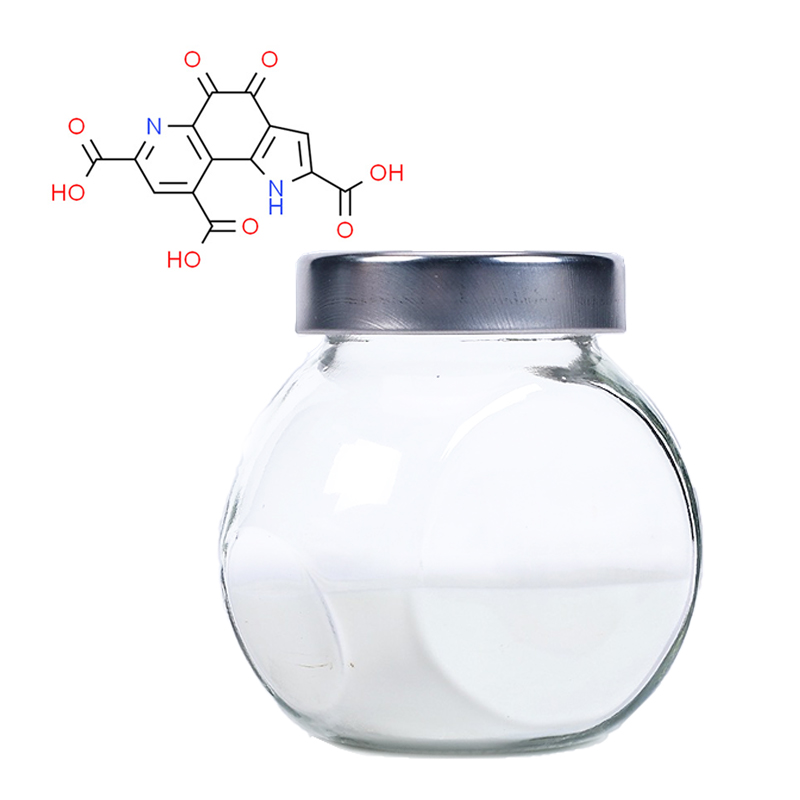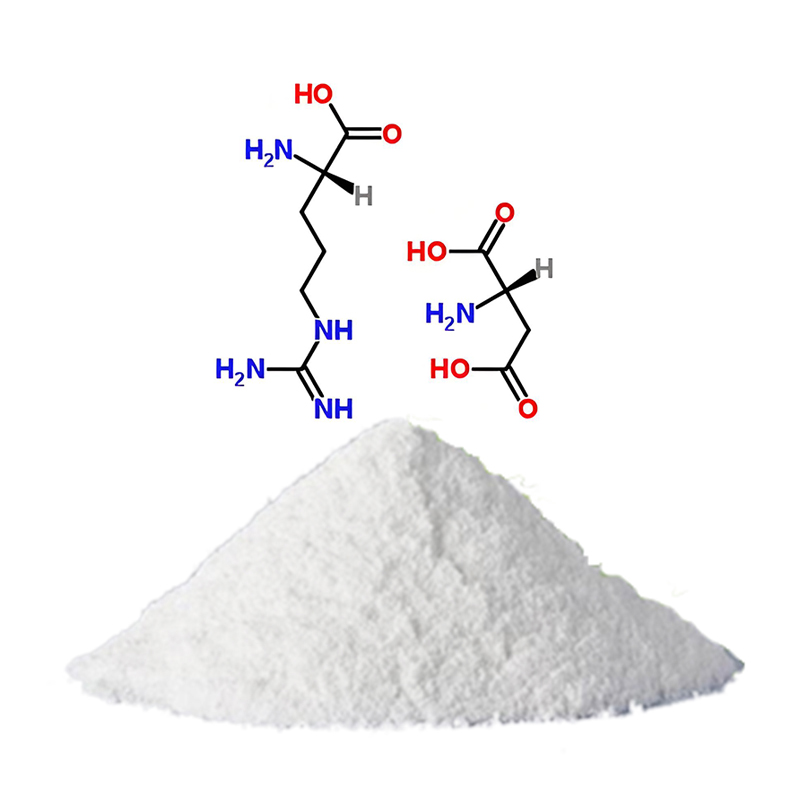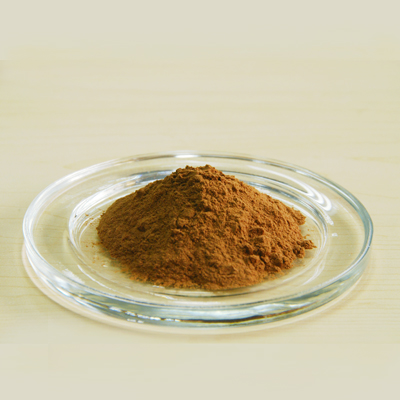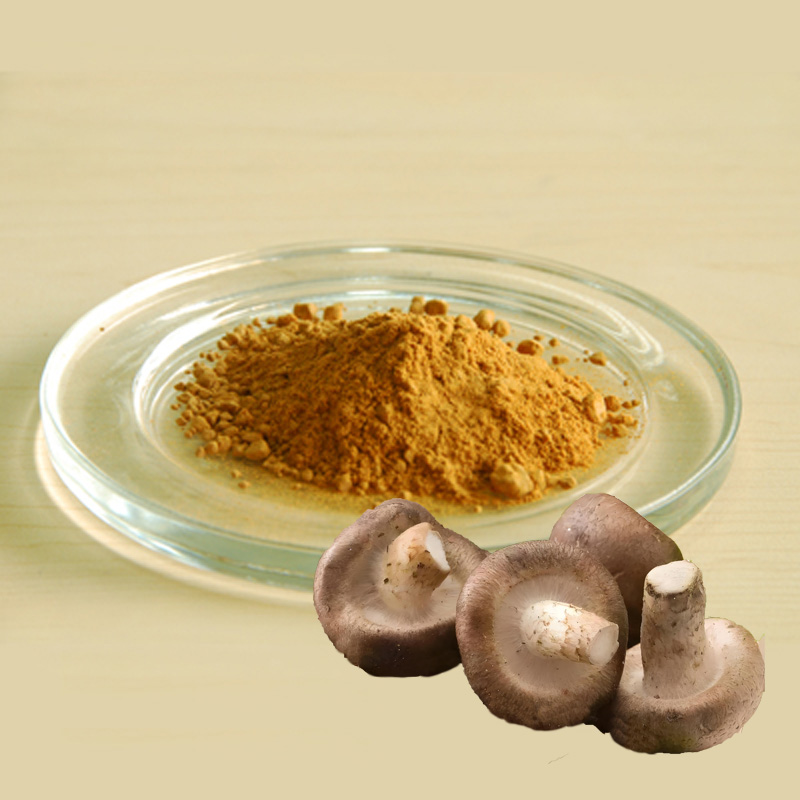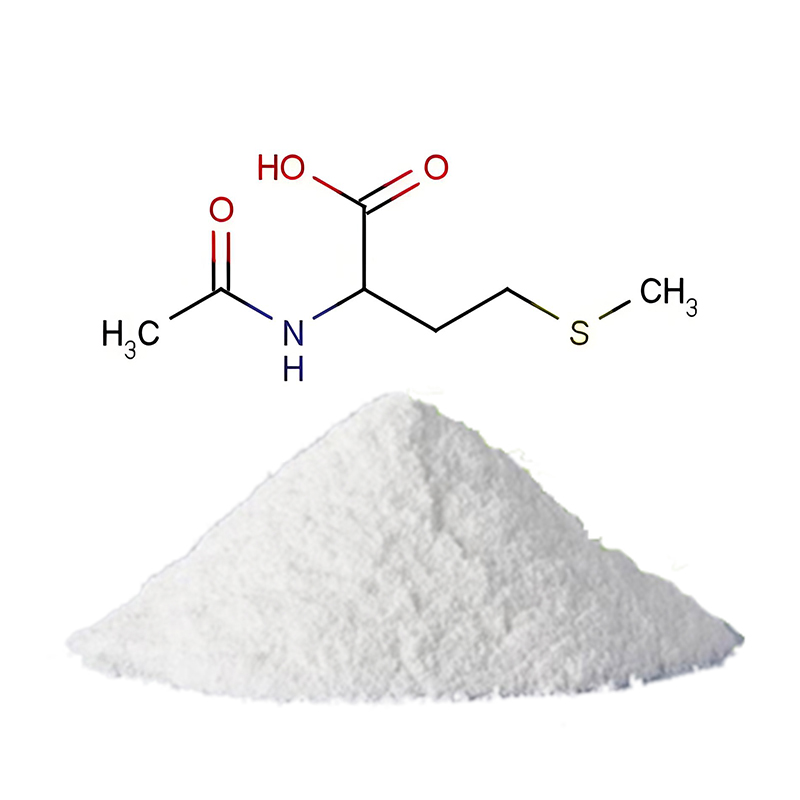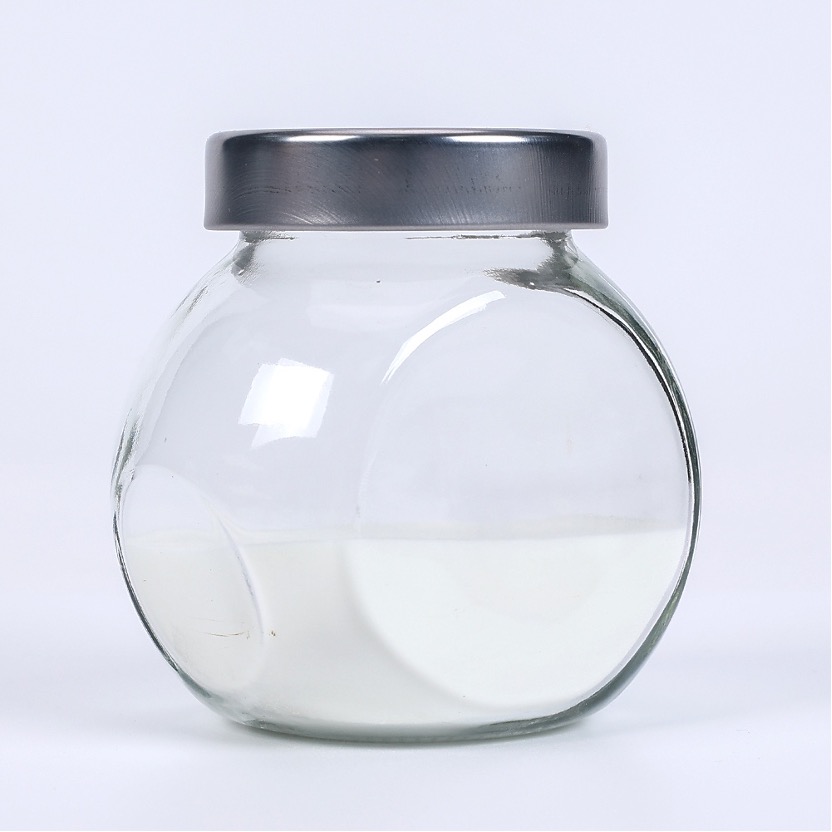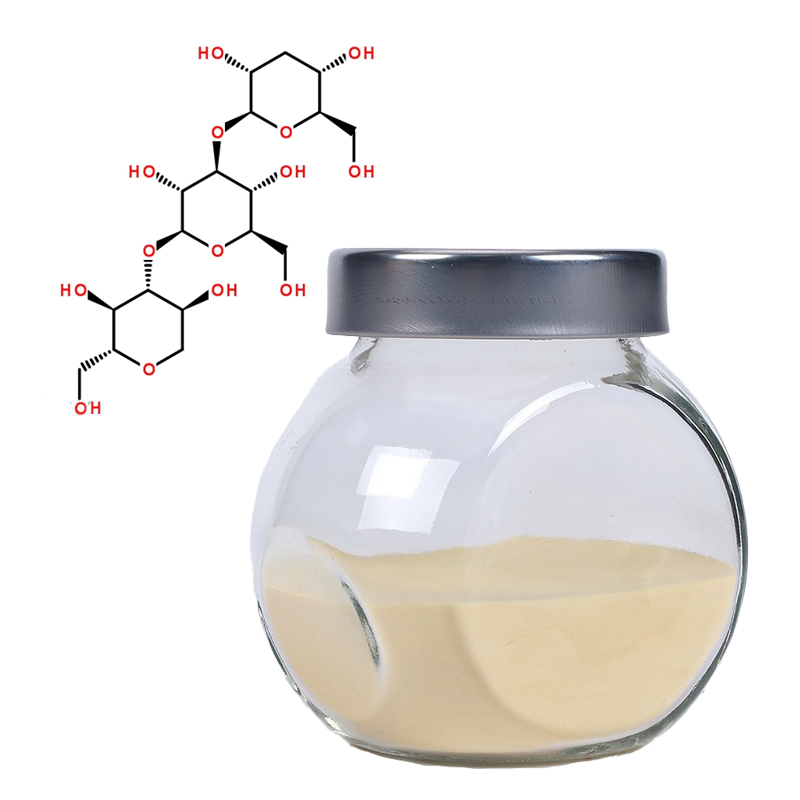
Product
-
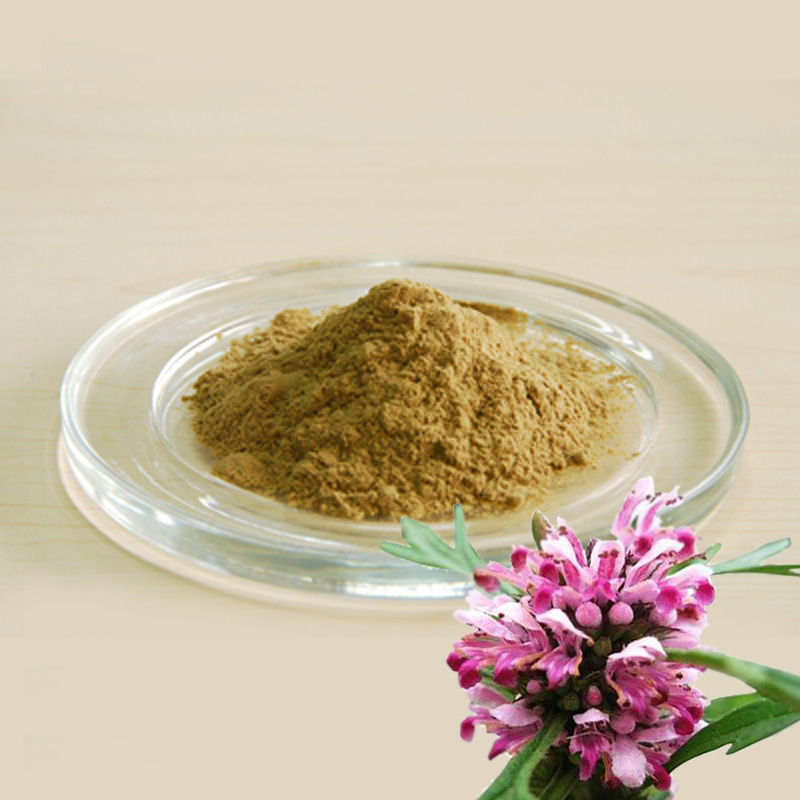
Motherwort Extract
-
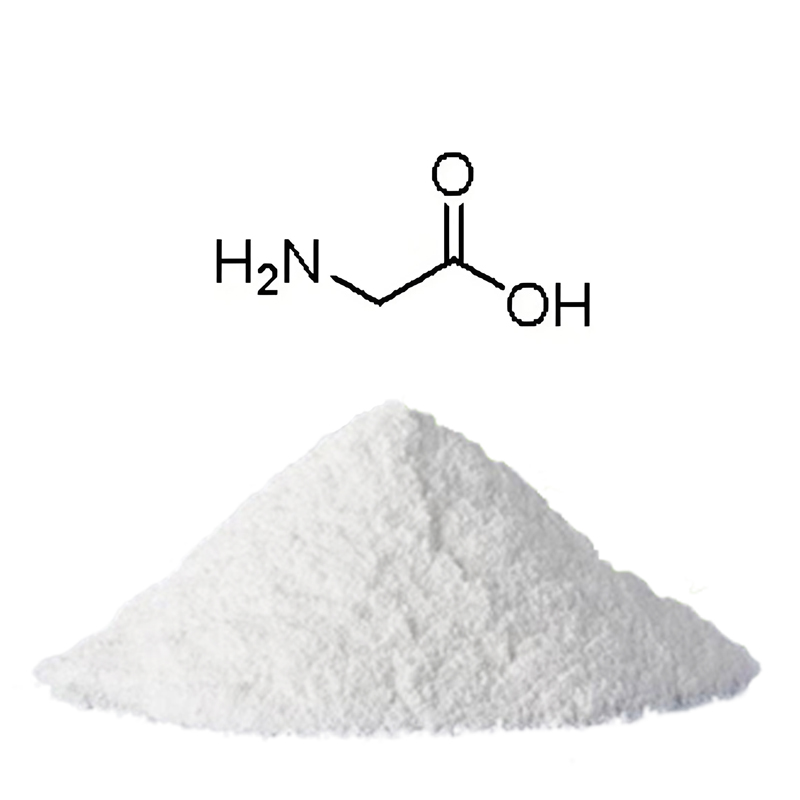
Glycinate Mineral Salts
-

Enzyme series
-
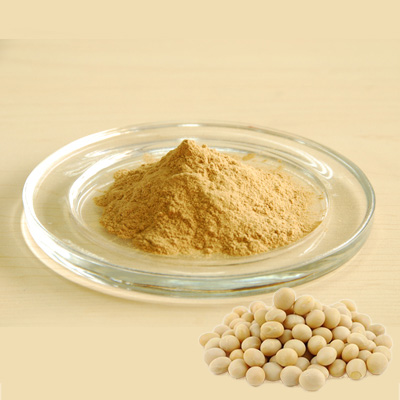
Soybean Extract
-
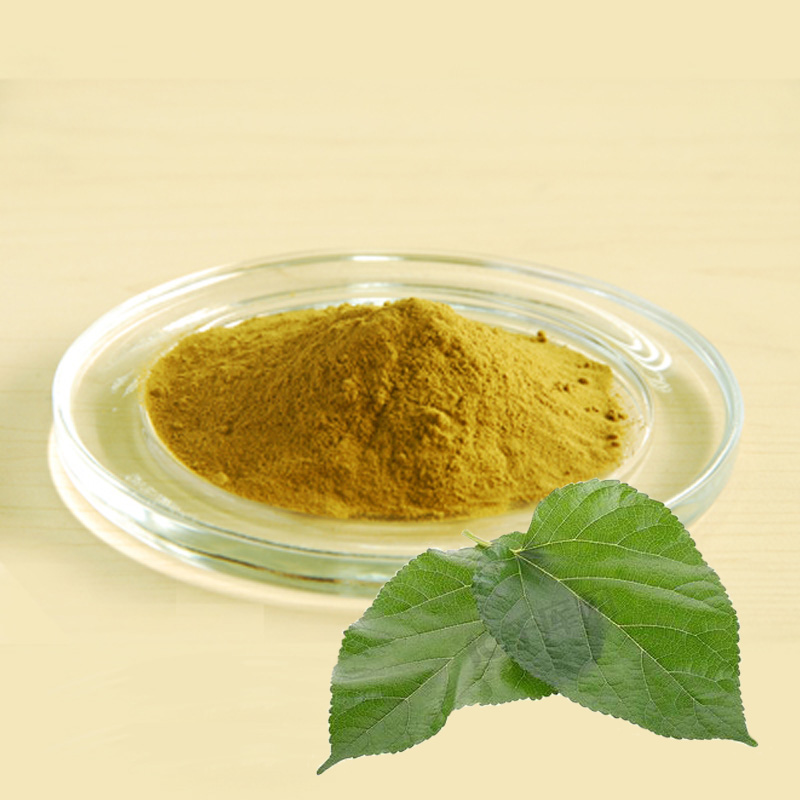
Mulberry Leaf Extract
-
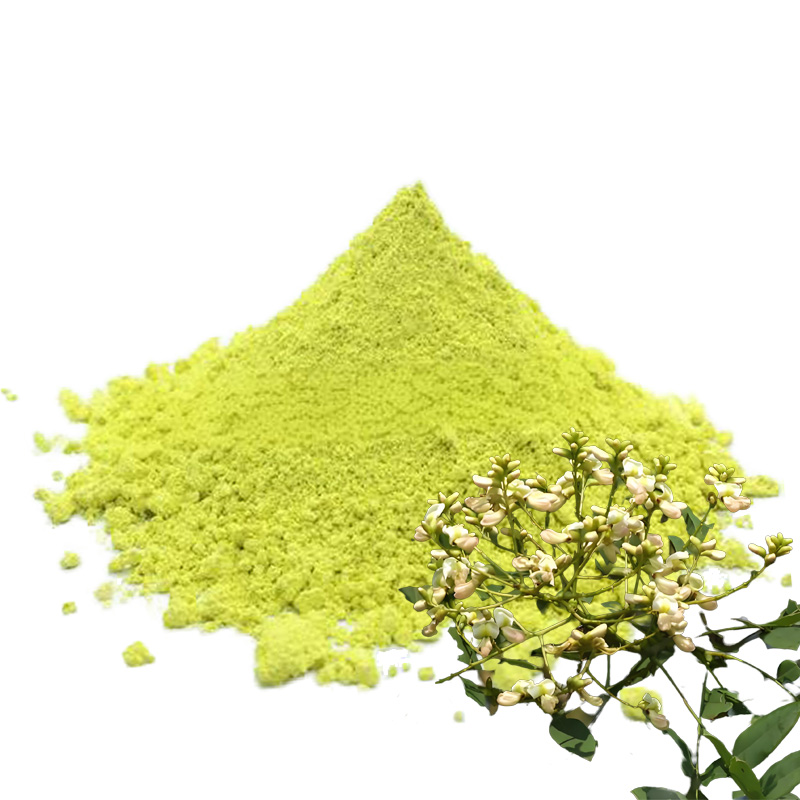
Troxerutin
-
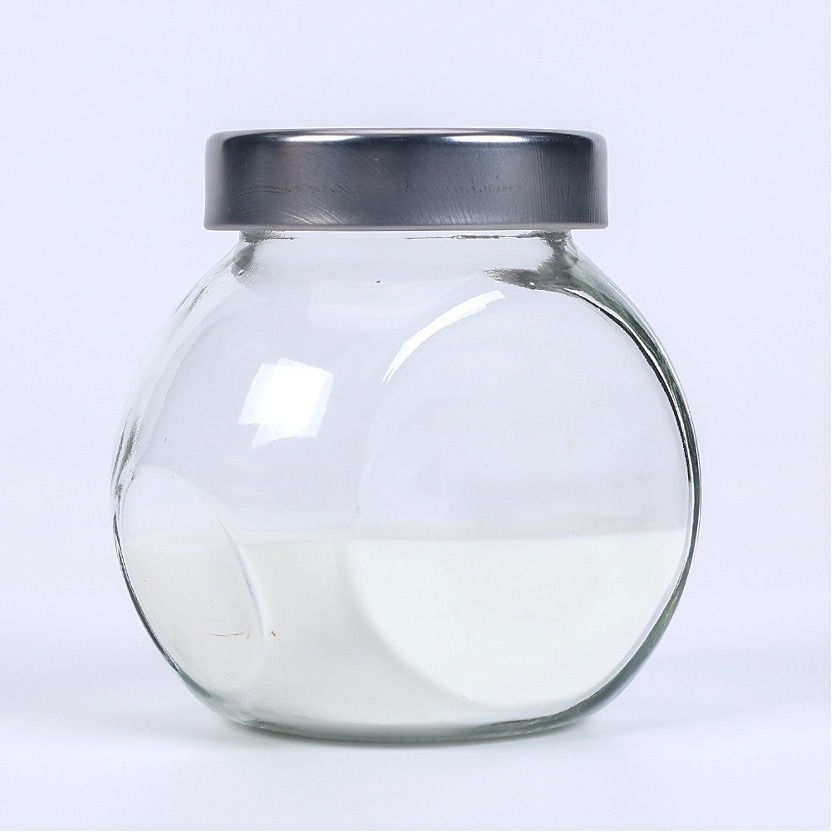
β-Nicotinamide Mononucleotide_NMN
-
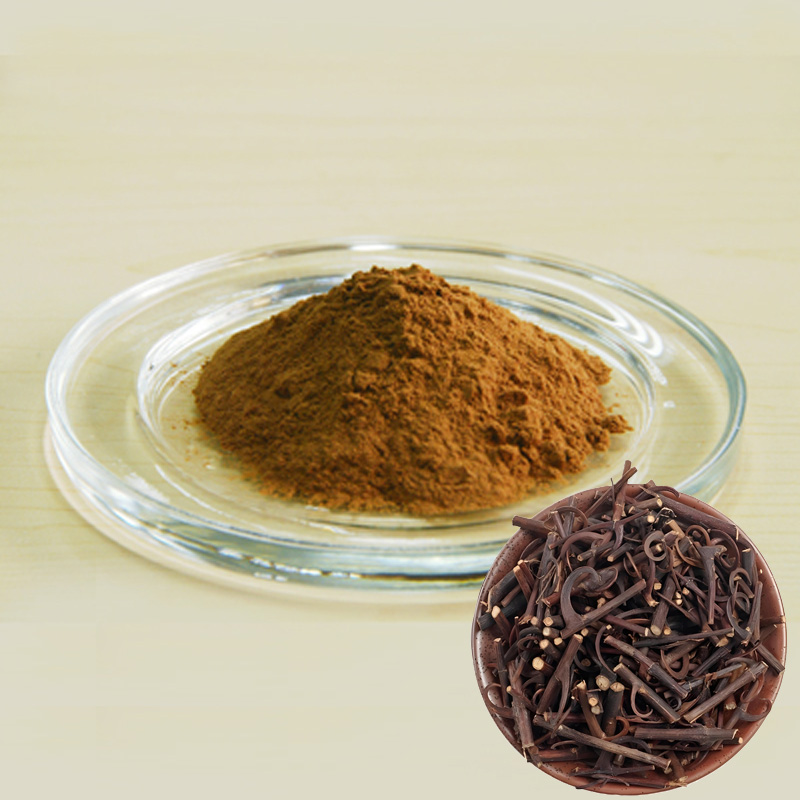
Uncaria Rhynchophylla Extract
-
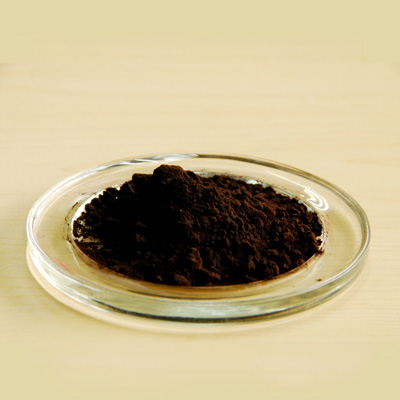
Blueberry Extract
-
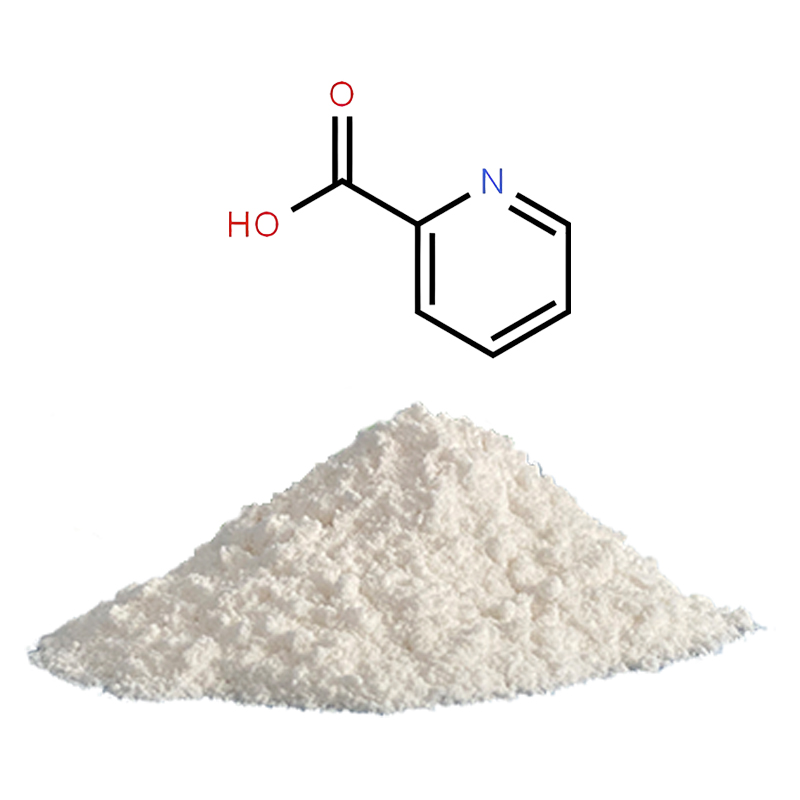
Picolinate mineral salts
-
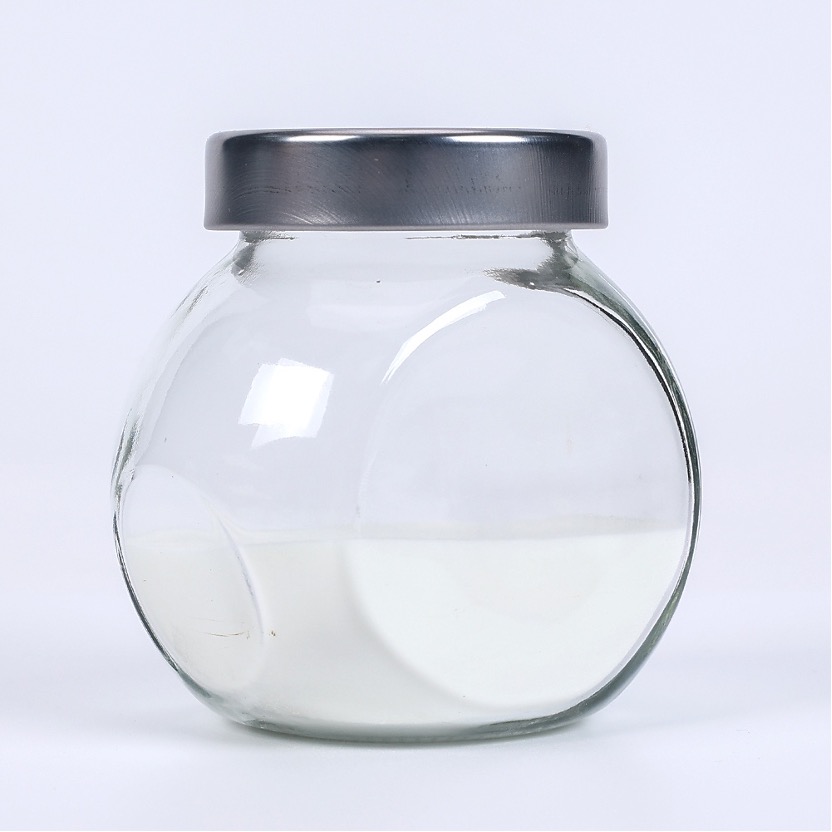
Ectoin
-
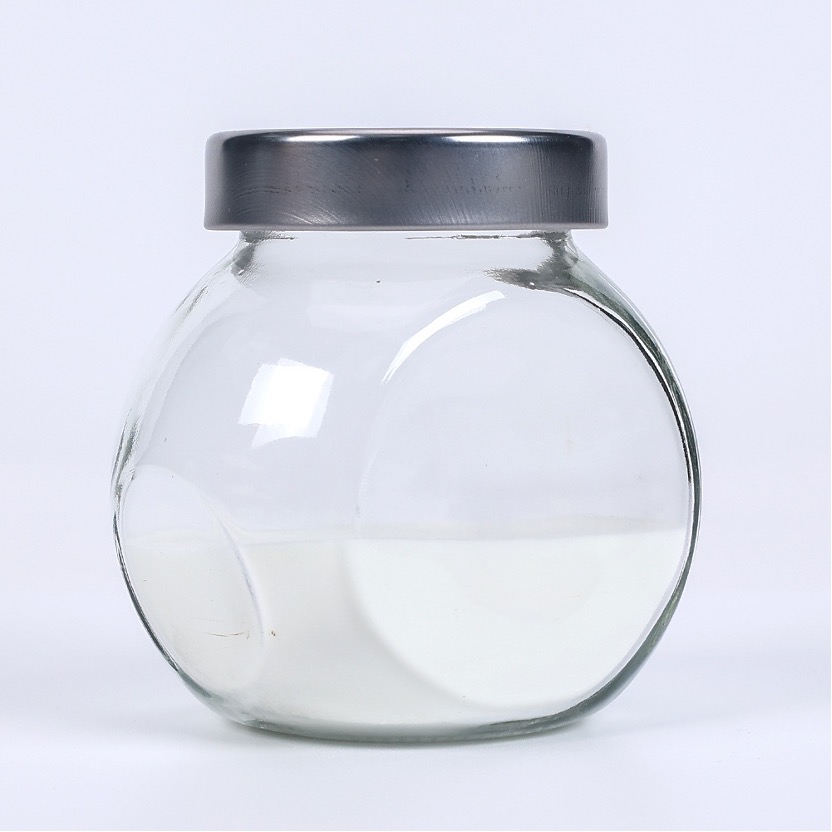
Hyaluronic Acid
-
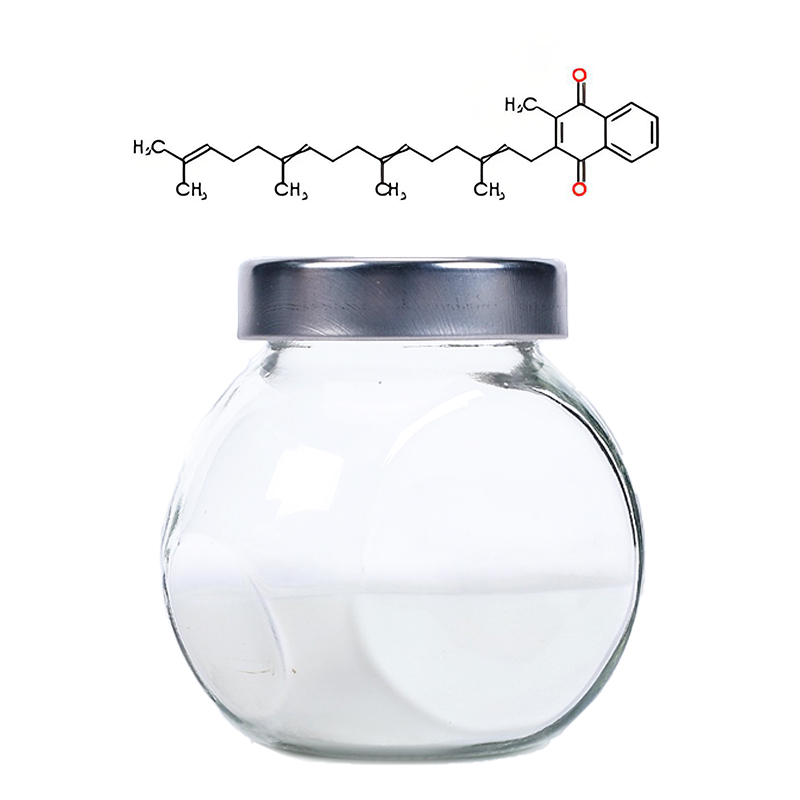
Vitamin K2 (MK-7)
-
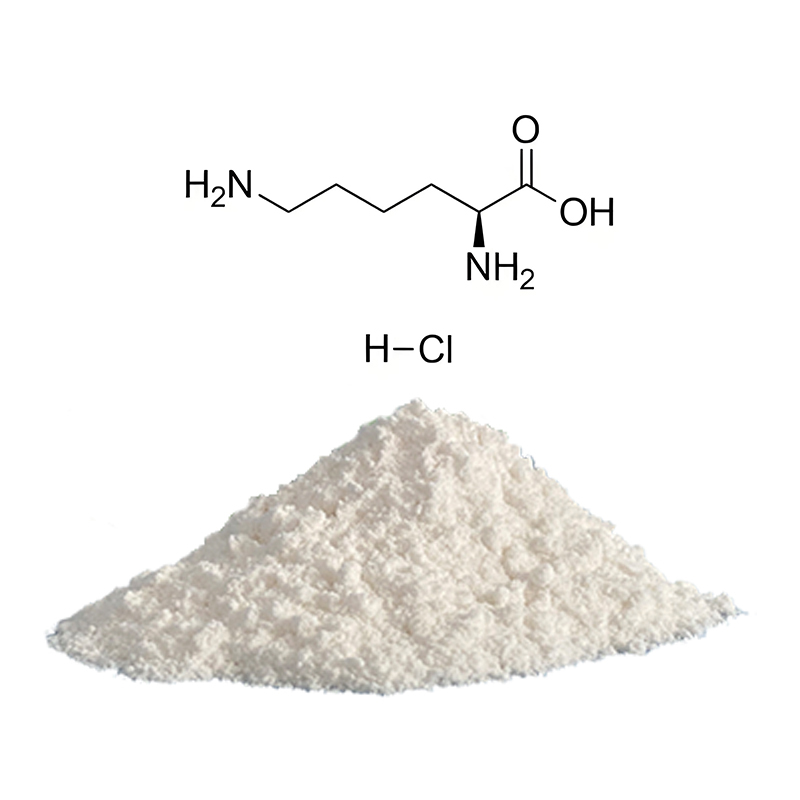
L-Lysine Hydrochloride
-
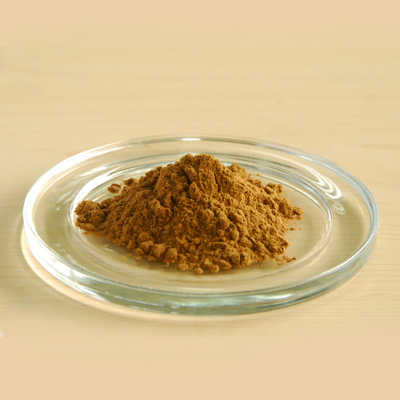
Giant Knotweed Extract
-
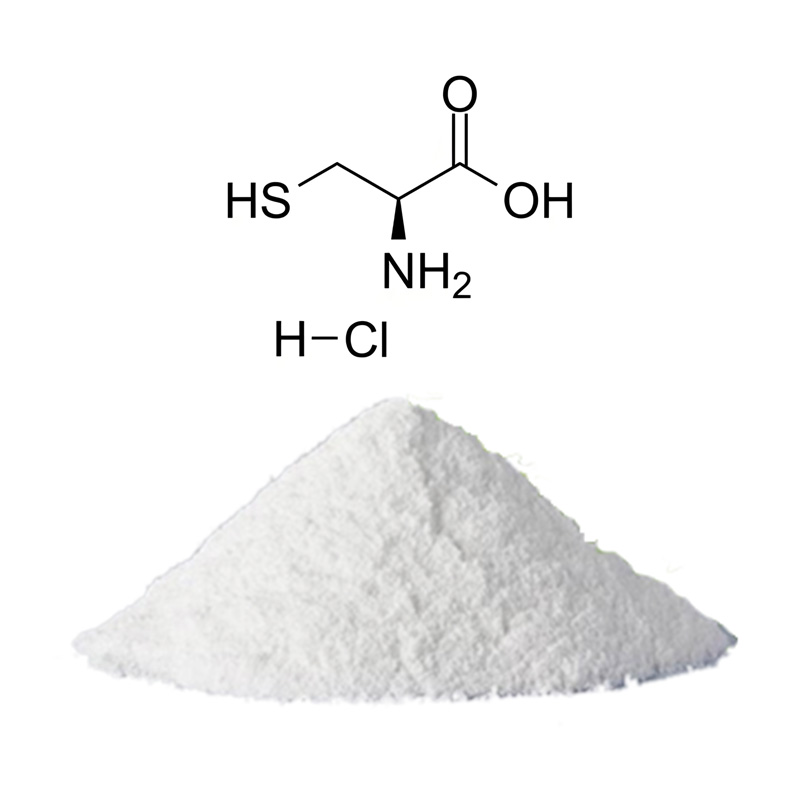
L-Cysteine Hydrochloride Anhydrous
Lycopene
Aliases:Tomato Extract, Lycopene
CAS #:502-65-8
Specifications:95% Powder, 10% Microencapsulated, 10% Oil Suspension
Описание
маркер
Lycopene
- Aliases:Tomato Extract, Lycopene
- CAS #:502-65-8
- Specifications:95% Powder, 10% Microencapsulated, 10% Oil Suspension
Lycopene is an important carotenoid, characterized by multiple conjugated and non-conjugated double bonds in its structure. Known for its wide-ranging health benefits, lycopene is often referred to as "the gold of plants." It is naturally found in yellow and red fruits such as papayas, watermelons, and persimmons, as well as in vegetables like tomatoes and carrots, and can also be produced through microbial metabolism.
Main Benefits:
- Male Health:Supports prostate health and provides general benefits for male reproductive health.
- Antioxidant Properties:Quenches singlet oxygen and scavenges free radicals, reducing cell damage and oxidative stress.
- Cardiovascular Health:Lowers the risk of cardiovascular diseases by reducing oxidative stress and preventing vascular sclerosis.
- Cancer Prevention:Inhibits cancer cell activity and plays a role in preventing cancer, especially prostate, breast, and cervical cancers.
Applications:
Lycopene is widely used in:
- Dietary Supplements and Health Products
- General Foods
- Cosmetics
- Functional Foods
Scientific Insights on Lycopene:
- 1.Prostate Health:
Lycopene has been shown to have protective effects against prostate cancer, with several studies linking higher lycopene intake to a lower risk of prostate cancer. - 2.Antioxidant Action:
Lycopene is a potent antioxidant, effectively scavenging free radicals and neutralizing oxidative stress. This property contributes to reducing the risk of chronic diseases such as cardiovascular disease. - 3.Cardiovascular Health:
Lycopene plays a significant role in lowering LDL (bad cholesterol) levels while increasing HDL (good cholesterol), helping to improve overall heart health. It has also been linked to reduced risk of stroke and other heart-related issues. - 4.Cancer Prevention:
Lycopene's cancer-preventive properties are particularly notable in preventing cancers of the prostate, breast, and lungs. Studies suggest that regular consumption of lycopene-rich foods like tomatoes may help reduce cancer risk. - 5.Microencapsulation and Bioavailability:
For better absorption, lycopene is often microencapsulated or incorporated into oil suspensions. This improves its stability and bioavailability, ensuring that it remains active in the body for longer periods. - 6.Skin Health:
Lycopene is also gaining attention in the cosmetic industry for its role in skin health. It helps protect the skin from oxidative damage and may even reduce signs of aging by promoting collagen production and reducing skin damage from UV radiation








